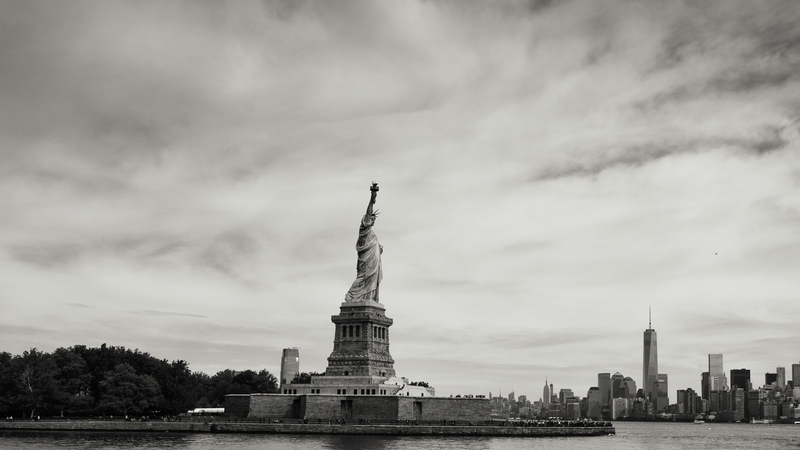I’ve written an op-ed in this morning’s Washington Post, explaining why the 2016 election cycle has made me reconsider whether to call myself an “evangelical.”
Here’s an excerpt:
Why are many evangelical leaders, including some who pontificate on nearly everything else, scared silent as evangelicalism is associated with everything from authoritarianism and bigotry to violations of religious freedom? How can they look the other way in silence when politicians praise Planned Parenthood and demur about white supremacists and neo-Nazis?
Worst of all, what happens when evangelicalism is no longer even clear about what it takes to be saved: repentance from sin and personal trust in Jesus Christ?
For years, secular progressives have said that evangelical social action in America is not about religious conviction but all about power. They have implied that the goal of the Religious Right is to cynically use the “moral” to get to the “majority,” not the other way around.
This year, a group of high-profile old-guard evangelicals has proven these critics right. But thank God, that’s not the whole story.
You can read the entire article at The Washington Post.







